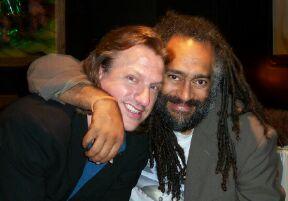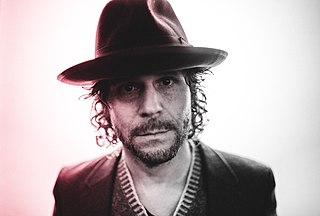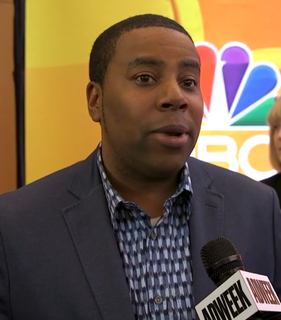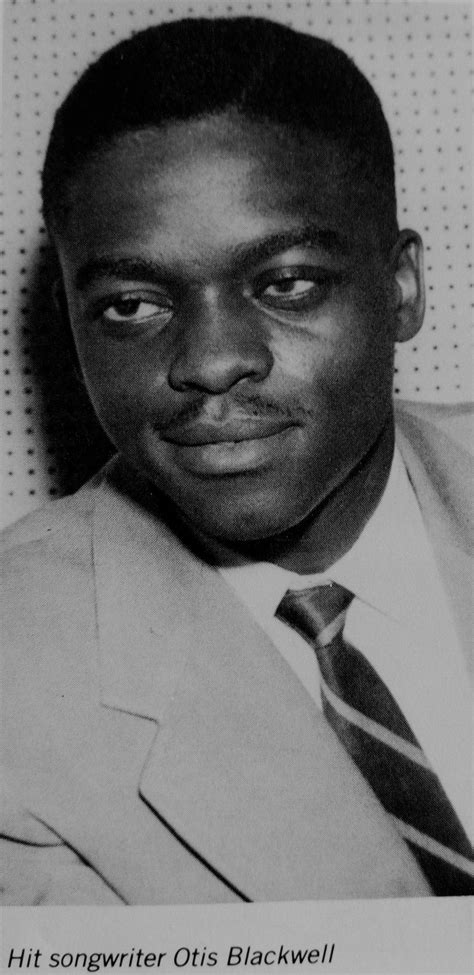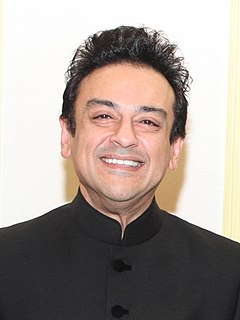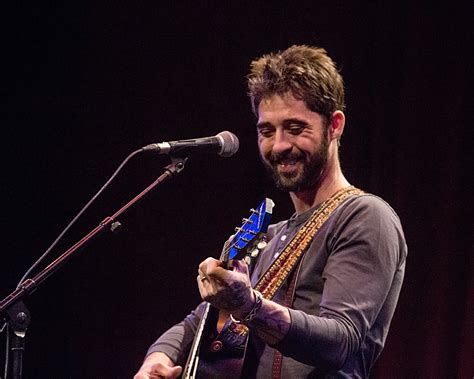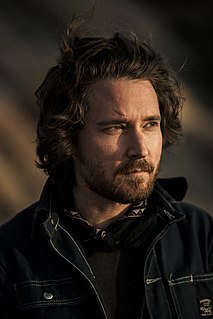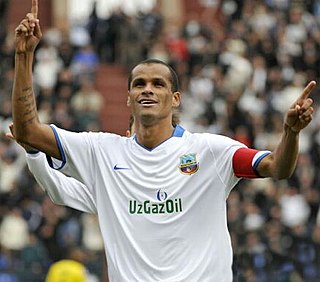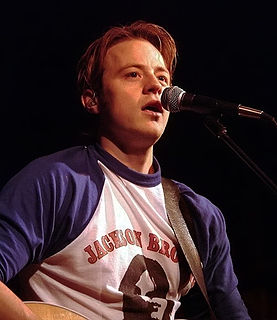A Quote by Vance Gilbert
I can be whatever it takes to be a folksinger. Folk music to me, if we had to have a definition, is portable music. A lot of what I do is flash, gesture, athletics, but what it comes down to is getting across a melody that will help it stick to your ribs, and being able to take it from town to town.
Related Quotes
I want to be just a musician and songwriter, and hopefully known as a very good one. I love a lot of music that's considered folk music, but I also love a lot of music that's considered punk or considered rap. I don't mind being called a folk singer. But it seems a bit limiting. I want to be able to write whatever kind of song I want.
I had a lot of time to myself, and I would listen to a lot of music, mostly music that I knew fairly well and had a relationship with. And I'd think, well, what is it that I've never been able to do that this person or people are able to do with this song? Why haven't I been able to do it, and what can they do that I wish I could do? And then I'd try to do that. I'd start each day getting into the songs, and I'd think about how I might get closer to this music that I love, but haven't been able to make before.
I think there's a difference between the type of folk music that people put into the box of "folk music" and then there's the kind of folk music that I aspire to and am in awe of, and that is the kind of folk music where it's very limited tools - in most cases a guitar, in a self-taught style that is idiosyncratic and particular to that musician.
My parents being Bengali, we always had music in our house. My nani was a trained classical singer, who taught my mum, who, in turn, was my first teacher. Later I would travel almost 70 kms to the nearest town, Kota, to learn music from my guru Mahesh Sharmaji, who was also the principal of the music college there.
There's a song called 'The Lights of My Hometown' that goes back to me growing up a regular kid. I mean, I lived in a town that I loved, but was too small for the dreams I was dreaming. You leave thinking the world has a lot more to offer than your hometown, only to realize years down the road that no matter where you grow up, you will never be able to recreate the innocence and feeling of 'home' anywhere else in the world. No matter who you are, or where that little town is, that's something we all have in common.
The white music was melodic and pretty, and you had beautiful women's voices like Gogi Grant and even the Andrews Sisters. Then I went directly to rhythm and blues, which had beautiful voices but not much melody in particular and pretty much the same chord pattern. I loved it, I was entrenched in it, but then folk music came in the middle of that for me, and made its own path. And it was part of the rebellion against bubblegum music, or music that is pretty but doesn't say anything.
